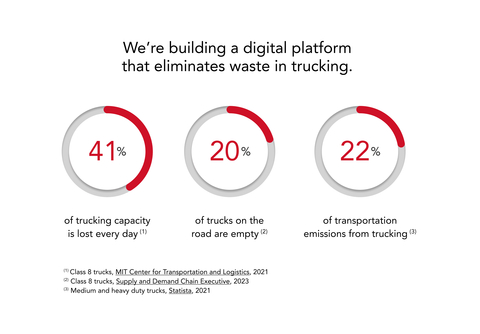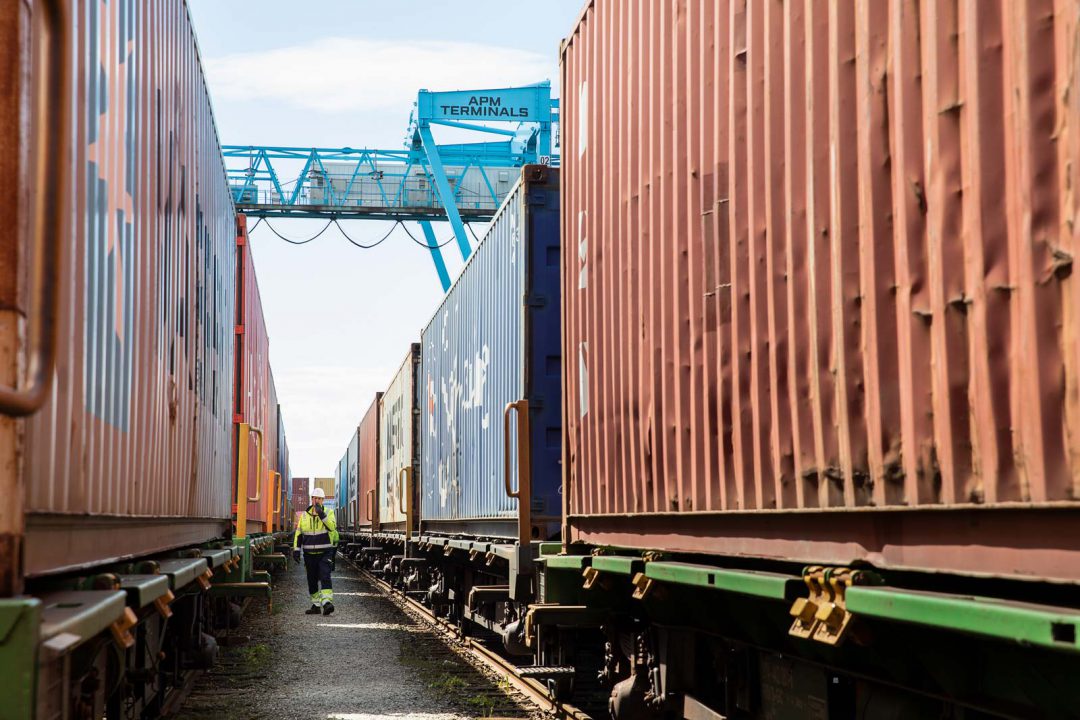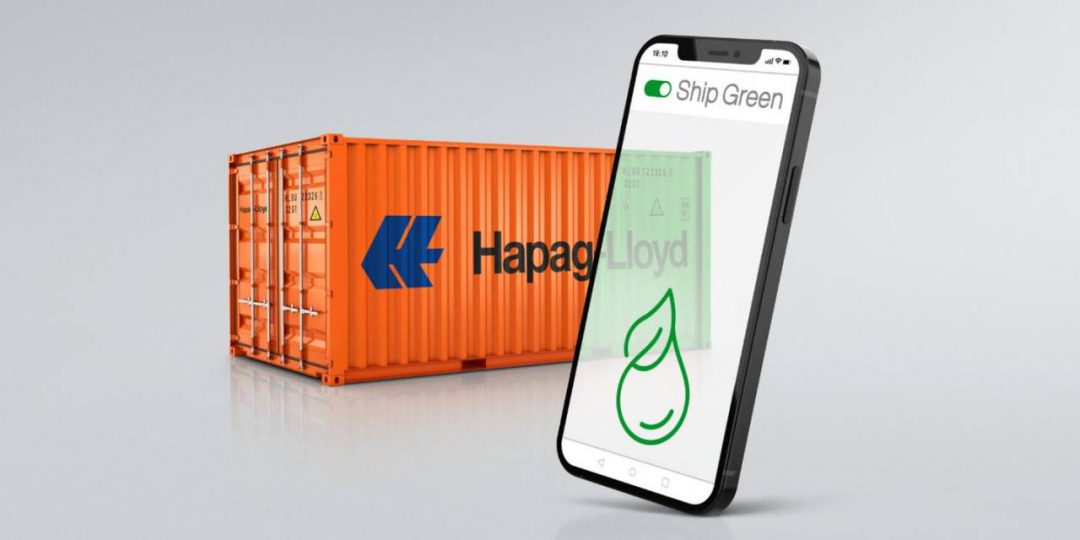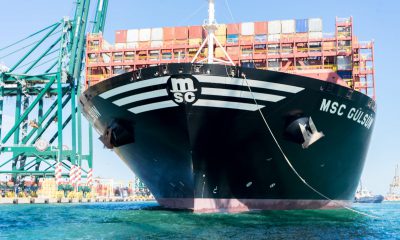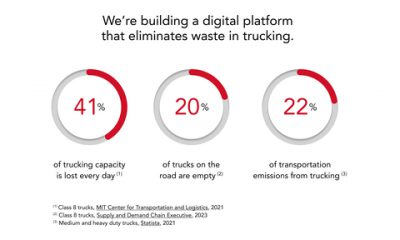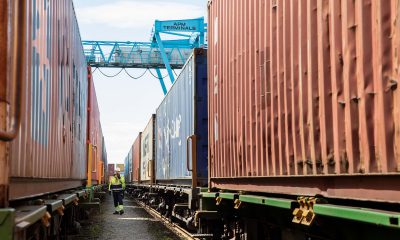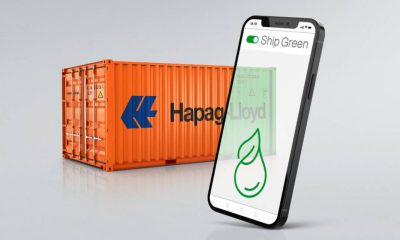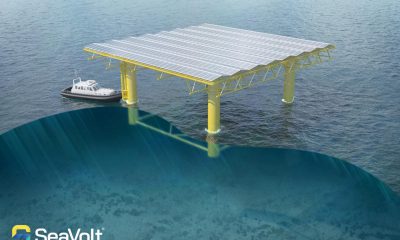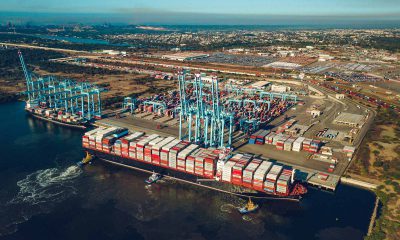Softeon, a global supply chain software provider with the industry’s best record of customer success, continues to add new capabilities to its market-leading software solutions for third-party logistics providers, leading to continued new customer partnerships.
Softeon 3PL customers include Allen Distribution, CEVA Logistics, DB Schenker, Federation Logistics, G3 Enterprises, KSP Fulfilment, OIA Global, PSS Distribution, Saddle Creek Logistics, Sony DADC, Technicolor, UPS Supply Chain Solutions, and more.
Softeon’s advantage for 3PLs starts with a solution portfolio architected specifically for multi-client 3PL environments, with nearly every attribute configurable at the individual client level, supporting unlimited client-specific workflows in the same building.
Softeon also provides robust retail e-commerce and brand company direct-to-consumer fulfillment capabilities, combined with B2B distribution process models in a single solution. This provides 3PLs maximum flexibility to on-board new clients easily and successfully execute across multiple client business models, enhancing revenue opportunities.
That flexibility extends to scalability as well, with the Softeon WMS, for example, able to manage smaller, basic facilities up to large, very complex environments using a single solution – not multiple products as some others in the industry require.
Key Softeon solution components for 3PLs include:
Warehouse Management System: Supports the basics from receiving to shipping in a powerful, highly-configurable Cloud-based solution built for 3PLs. Includes flexible “pick route” configuration, a built-in parcel management system, labeling and document printing tools, and many other unique features.
Warehouse Execution System: This is an add-on to the WMS that enables additional order fulfillment orchestration and optimization, including advanced labor planning, material handling system synchronization, and direct control and optimization of picking sub-systems such as Voice, put walls, smart carts, pick-to-light and mobile robots.
Advanced 3PL Billing System: Includes a highly flexible rate card definition; national, regional and local rates; a robust array of methods for charging for storage; pre-built integration with the Softeon WMS; the ability to bring in non-WMS data for invoicing; direct invoicing or data sent to a 3PL’s accounting system, profitability analysis, and more – the best in the industry.
Client Portal: Highly secure web tool for clients to view inventory levels, receipts, in-transit inventory, shipped orders, order status and more, tailored to each client’s needs.
Labor Resource and Management: Plans and tracks human and equipment resources, with a unique statistical approach to standards setting, and support for full discrete engineered standards as desired.
Multiple Order Management Options: Basic order management capabilities are built into the WMS and used by many Softeon 3PL customers. Softeon also offers traditional Order Management System capabilities suitable for call center applications.
Of special interest to many 3PLs is Softeon’s Distributed Order Management solution. Softeon’s robust DOM provides granular, real-time inventory visibility to inventory across the extended network, enabling 3PLs to offer clients a powerful capability for optimal order sourcing; the ability to manage complex sourcing rules; strong support for subscription services and much more. 3PLs can add more value in ecommerce beyond pick, pack and ship.
Configuration Wizard: Softeon’s unique Configuration Wizard enables rapid on-boarding of new clients and the ability for a 3PL to become fully self-sufficient in rolling-out the Softeon WMS to additional sites.
“Softeon has architected a solution for 3PLs that delivers powerful capabilities with maximum flexibility,” says Dan Gilmore, chief marketing officer at Softeon, adding “Those technical capabilities are matched by a partnership-oriented approach that drives joint success.”

